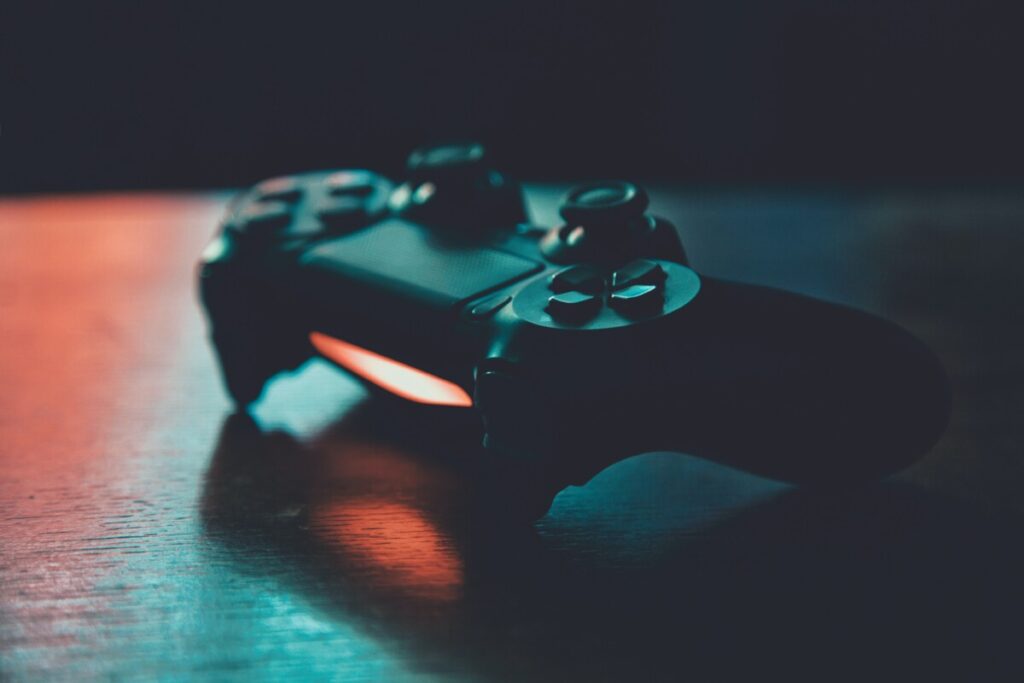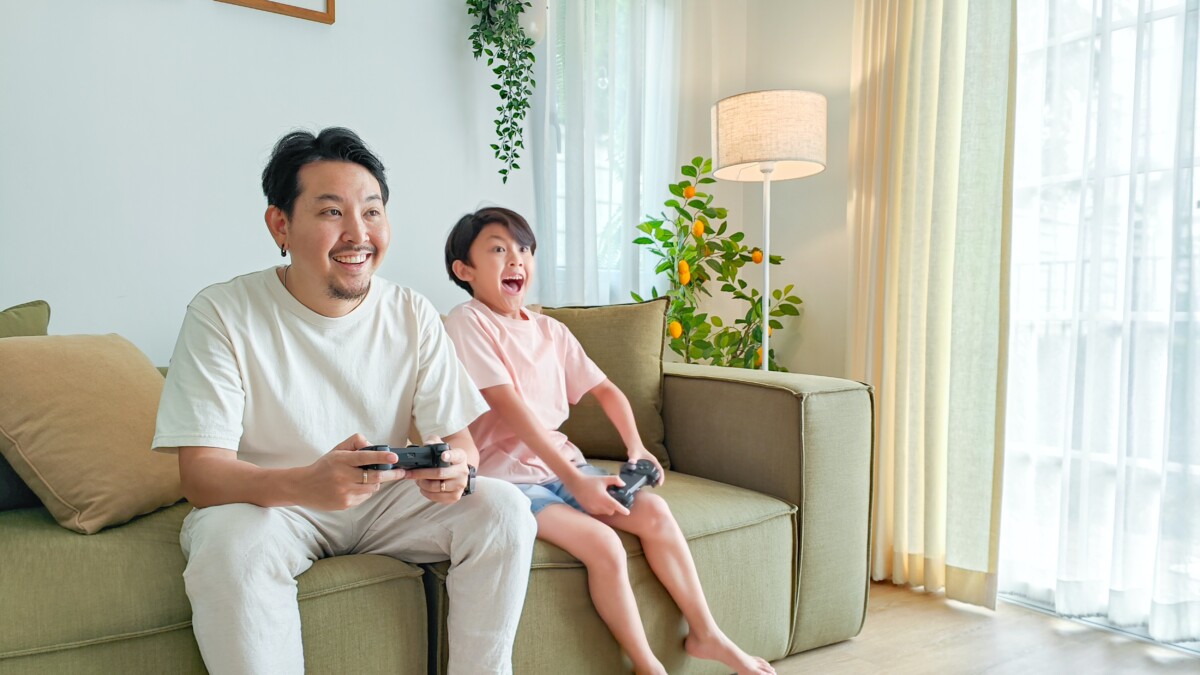Gaming, for many, symbolizes a mode of escape. Yet, there’s so much more happening beneath the surface. Every move, strategy, and interaction in gaming contributes to profound psychological benefits. Let’s take a detailed dive into the therapeutic world of leisure gaming.
1. Cognitive Enhancement
Games, especially those involving intricate puzzles or deep strategy, do more than entertain. They present challenges that require quick thinking and strategy formulation. Every time a gamer tackles a new challenge, their brain is at work, adapting and growing. By consistently navigating complex game scenarios, players not only enjoy the thrill of the game but also fine-tune their problem-solving skills, making them more alert and analytical in real-world situations.
2. Stress Relief
After a long day, games offer an avenue for relaxation. The immersive nature of many games means players can temporarily forget daily stresses and enter a world of their own. This digital escapism is therapeutic, offering the brain a much-needed break from real-life tensions and anxieties.
3. Emotional Resilience
Every gamer knows the frustration of a lost level or a challenging opponent. Yet, the drive to proceed, to adapt strategies and try again is where emotional resilience is built. These virtual setbacks and the subsequent rebounds teach gamers about perseverance, patience, and the value of persistence.
4. Improved Focus
In our ever-busy, notification-filled lives, staying focused is a challenge. Gaming, with its demands for attention to detail and concentration, trains the brain in this very skill. As players advance through levels, their ability to stay focused and attentive strengthens, benefiting them in various facets of their daily life.

5. Social Connections
The rise of online multiplayer games has transformed gaming from a solitary activity to a social one. Players connect with peers from all corners of the world, collaborate on strategies, and share experiences. This not only nurtures essential social skills but also fosters a sense of community and belonging.
6. Enhanced Creativity
Gaming is an art form. Players are often required to design, build, and customize. Whether it’s creating intricate worlds in sandbox games or designing the perfect character in role-playing games, players are continually utilizing and enhancing their creative abilities. The vast landscapes, diverse characters, and compelling storylines of games stimulate the imagination, encouraging players to think outside the box.
7. Mood Elevation
The joy of overcoming a particularly challenging level, or the thrill of an unexpected plot twist, is unmatched. These moments of achievement and surprise in games often lead to a surge of dopamine, the feel-good neurotransmitter. This upliftment can act as a buffer against feelings of sadness or depression.
8. Better Memory
Games are complex. They involve remembering patterns, strategies, and even intricate storylines. Regularly engaging in such gameplay naturally bolsters memory retention. It’s like a gym workout for the brain, strengthening neural connections and improving recall ability.
9. Enhanced Motor Skills
Many games, especially action or sports-themed ones, require precise timing and hand-eye coordination. Over time, as players adapt to the game’s demands, they unknowingly improve their motor skills, reflexes, and response time.
The world of gaming is vast, captivating, and immensely beneficial. While it’s essential to maintain a balance and not let leisure gaming become an addiction, its benefits cannot be overlooked. Leisure gaming can serve as a tool for cognitive growth, emotional well-being, and social connectivity. So, the next time you pick up that controller or start a new game on your device, remember, you’re doing a lot more than just playing—you’re evolving.










